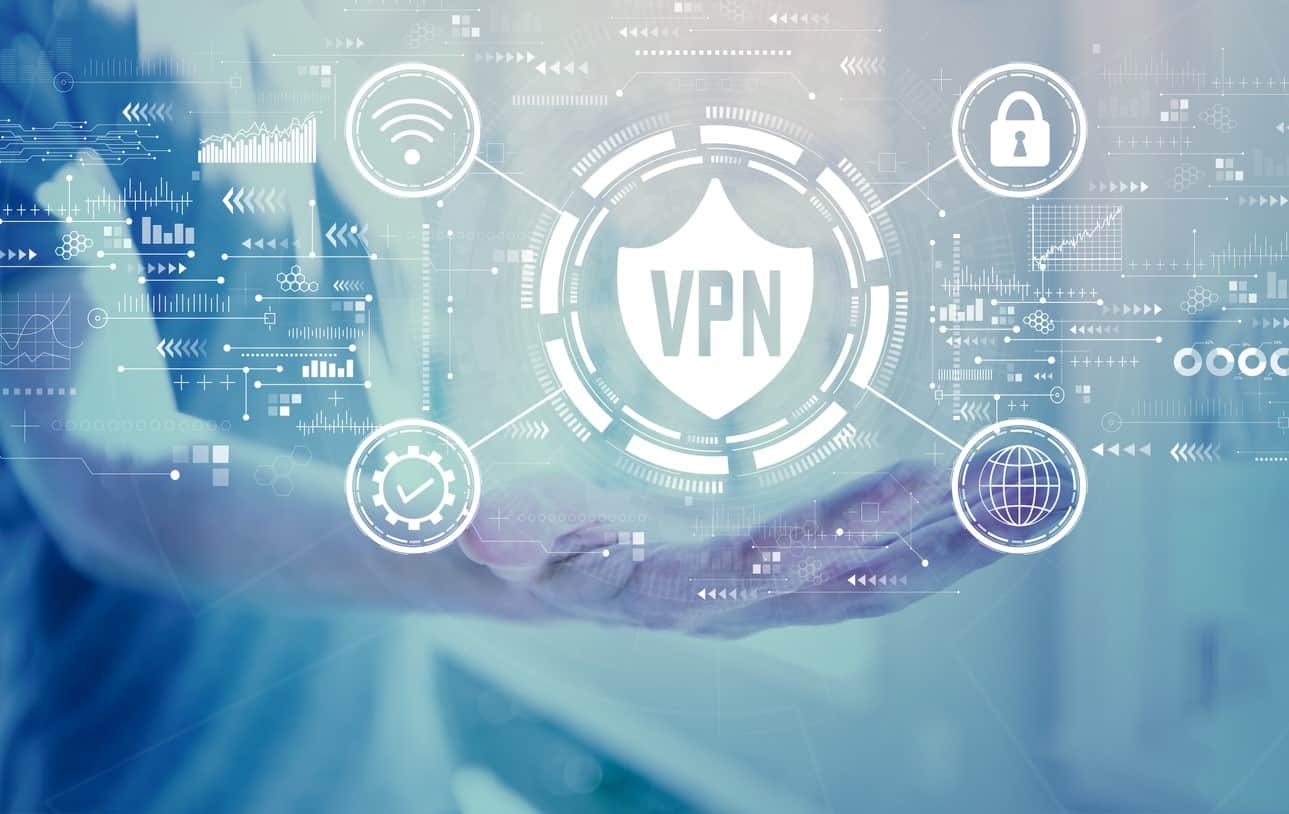Use VPNs for secure connections on public networks. They encrypt traffic, hide IP addresses, and enhance security, privacy, and protection against hackers by directing traffic through remote servers. Know more about how to detect VPN services online
VPN Operation:
- Masking IP Address: A VPN redirects your IP through a remote server, making your online activities untraceable by ISPs and third parties.
- Encryption for Privacy: VPNs act as a filter, encrypting data in real time, preventing unauthorized access and ensuring secure online activities.
VPN Advantages:
- Secure Encryption: VPNs safeguard data through encryption, thwarting potential cyber threats on public networks.
- Anonymity and Location Disguise: VPN servers act as proxies, concealing your actual location and providing anonymity. Most VPNs don’t log user activities, ensuring complete privacy.
- Access to Regional Content: VPNs enable accessing region-specific content, overcoming restrictions imposed by standard connections. Switch servers to appear in different locations.
VPN Connection Importance:
- ISP Tracking Risks: ISPs track your online activities via IP addresses, potentially sharing sensitive data. VPNs safeguard against such monitoring.
- Public Wi-Fi Security: Essential for secure browsing on public Wi-Fi, protecting against potential data theft and ensuring secure connections.
Attributes of a Reliable VPN:
- IP Address Encryption: A VPN must hide your IP address, ensuring private online activities.
- Protocol Encryption: VPNs should encrypt protocols, securing internet and search history from prying eyes.
- Kill Switch: Implement a kill switch to terminate programs in case of sudden VPN disconnection, preventing data compromise.
- Two-Factor Authentication: Ensure secure logins through multi-factor authentication, enhancing VPN security.
Evolution of VPNs:
- Early Encryption Efforts: Initiatives like ARPANET in the 1960s paved the way for internet encryption, culminating in the creation of TCP/IP.
- swIPe and IPSec Protocols: Protocols like swIPe and IPSec in the 1990s contributed to early VPN versions, addressing security concerns.
- PPTP Development: Microsoft’s PPTP in 1996 marked a milestone in VPN development, especially for corporate use.
- VPN Rise in 2010s: Growing security breaches fueled VPN adoption, with a fourfold increase in users from 2016 to 2018.
VPN Implementation Methods:
- VPN Clients: Standalone software for individual devices requiring configuration for secure VPN connections.
- Browser Extensions: Extensions for web browsers offer convenient VPN usage but may lack comprehensive protection.
- Router VPN: Implement VPN directly on routers for multiple devices, beneficial for securing smart devices.
- Company VPNs: Custom solutions designed by IT teams, providing secure connections to company intranets.
Mobile VPNs and Security:
- Smartphone VPNs: Numerous VPN options for smartphones ensure secure data handling on mobile devices.
- VPN Trustworthiness: Choose a trusted VPN provider to ensure data privacy, as the VPN provider holds access to your internet activities.
- VPN and Antivirus: While a VPN secures internet activities, a comprehensive antivirus program is crucial for protecting against malware and external intrusions.
Installation of Smartphone VPNs:
- App Installation: Download a reputable VPN app from app stores, ensuring a secure connection.
- User-Friendly Setup: Smartphone VPNs offer easy setup, guiding users through essential functions.
- Activation and Server Switching: Activate the VPN with a user-friendly switch, manually switching servers for location manipulation.
VPN Limitations:
- Not Antivirus Substitute: A VPN doesn’t replace antivirus software, necessitating combined usage for complete security.
- VPN Provider Trust: Choose a trusted VPN provider to prevent compromise of internet activities.
Conclusion:
Use VPNs for secure online activities, employ trusted providers, and explore implementation methods.



